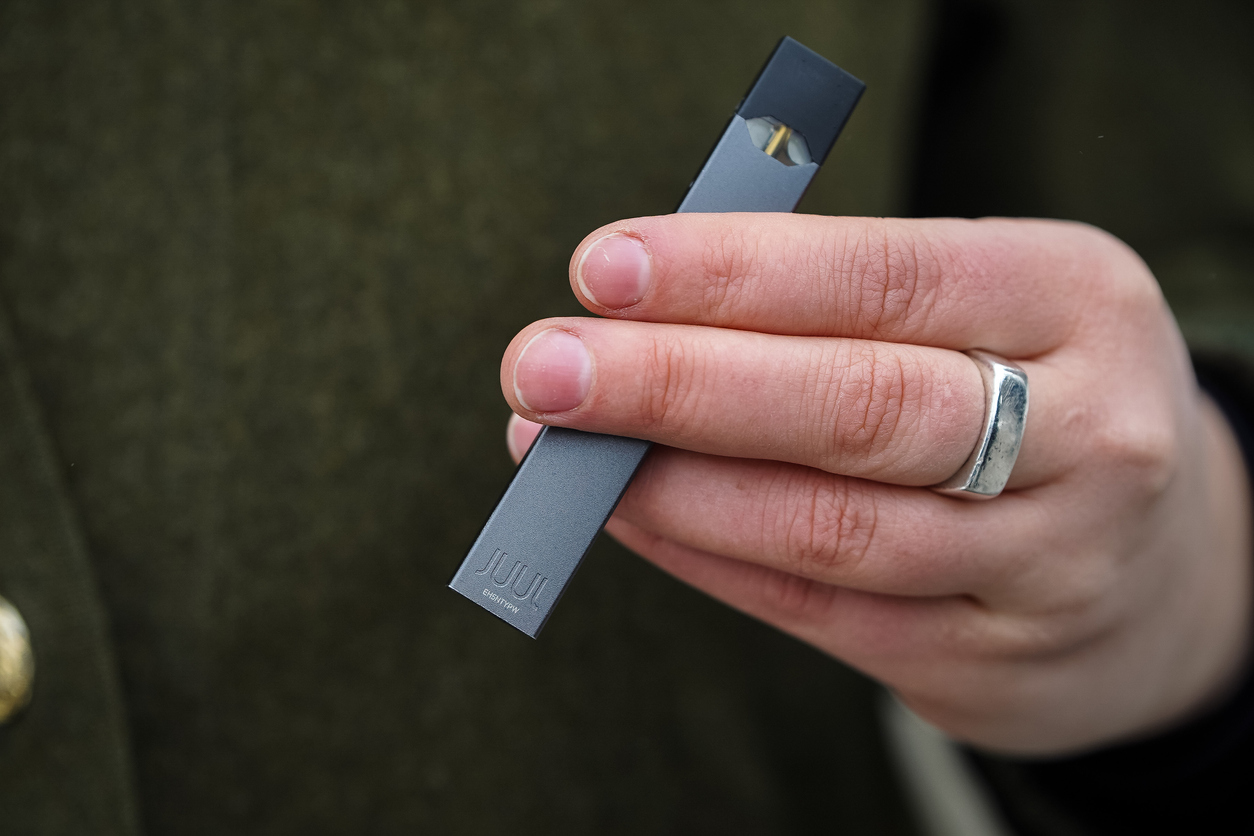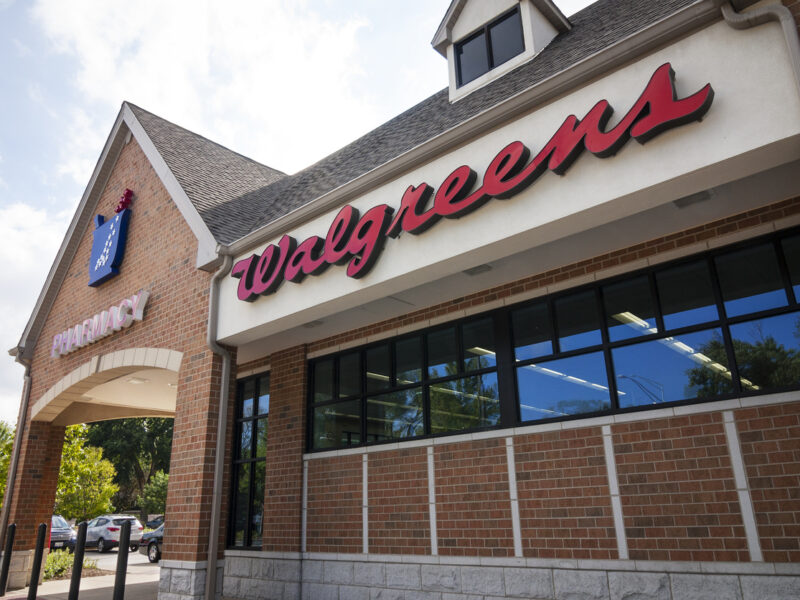Attorney General Keith Ellison announced on Wednesday that Minnesota has settled its lawsuit against e-cigarette manufacturer Juul Labs and tobacco company Altria for $60.5 million. Ellison stated that the settlement amount per capita is significantly higher than any other state that sued Juul over youth vaping and marketing practices.
Minnesota’s lawsuit was the first among thousands of nationwide cases against Juul to go to trial. The settlement was reached just before closing arguments last month but remained confidential until the formal papers were filed publicly.
Ellison attributed the substantial settlement to Minnesota’s decision to take Juul to trial, emphasizing that the amount exceeds Juul’s earnings in the state from 2015 to 2021. He stated, “We were the only state willing to take this battle to trial and hold the bad actors accountable. It sends a message that you cannot get away with this.”
While many other cases have settled, including those with other states and territories, the largest settlement to date was announced last month. Juul Labs agreed to pay $462 million to six states and the District of Columbia to resolve lawsuits related to its marketing tactics. As part of that agreement, Juul committed to not market its products to individuals under the age of 35 and to impose limits on product purchases in retail stores and online.
Ellison initially sought over $100 million in damages, but his spokesperson, John Stiles, revealed on Wednesday that if Minnesota had settled on the same terms as the six states and the District of Columbia, it would have received approximately $30 million, or as little as $15 million if it had accepted the terms of most other states.
Under the settlement, Juul and Altria will pay $60.5 million, with more than one-third of the amount due within 30 days and over 60% within a year. After deducting litigation costs and attorney’s fees, the state will receive around $43 million. Legislation is being considered to allocate the funds to tobacco prevention efforts.
In addition to the internal company documents disclosed in other settlements, Minnesota will gain access to state-specific documents, totaling 10 million records for researchers and journalists to scrutinize. Ellison remarked, “We’re going to have a lot of sunlight.” Unlike other settlements, Altria will also disclose its internal documents regarding its involvement with Juul.
Juul declined to comment on the specifics of the settlement and referred to a previous statement issued at the time of the agreement. The statement highlighted that Juul has settled with 48 states and territories, contributing over $1 billion to combat underage use and develop cessation programs.
During the trial, Minnesota argued that Juul unlawfully targeted young individuals to get them addicted to nicotine. Juul’s attorneys countered that their intent was to transition adult smokers from combustible cigarettes to a less harmful alternative, not to entice young people.
Minnesota initially filed the lawsuit in 2019 and added Altria, which previously held a minority stake in Juul, as a co-defendant in 2020. Altria completed its divestiture in March and reported a loss of its $12.8 billion investment.
Juul Labs, headquartered in Washington, D.C., gained popularity in 2015 with flavors like mango, mint, fruit medley, and creme brulee. Its rise was fueled by teenagers, some of whom became addicted to Juul’s high-nicotine pods. Following public backlash, the company ceased all U.S. advertising and discontinued most of its flavors in 2019, resulting in a decline in popularity among teens. Juul’s market share has since decreased to approximately 33% from a peak of 75% in 2018.
Minnesota’s lawsuit against Juul and Altria, which follows its landmark $7.1 billion settlement with the tobacco industry in 1998, aimed to hold the companies accountable for their alleged role in targeting young people with vaping products and fostering nicotine addiction. The lawsuit was filed in 2019, and Altria, which previously held a minority stake in Juul, was added as a co-defendant in 2020. Altria completed its divestiture in March and reported a loss of its $12.8 billion investment in Juul.
Juul Labs, headquartered in Washington, D.C., rose to prominence in 2015 with its appealing flavors such as mango, mint, fruit medley, and creme brulee. Teenagers were instrumental in driving its popularity, with some becoming addicted to Juul’s high-nicotine pods. In response to mounting criticism, Juul halted all U.S. advertising and discontinued most of its flavors in 2019, resulting in a decline in its appeal among teens. The company’s market share has since dropped to approximately 33% from a peak of 75% in 2018.
The settlement with Minnesota not only involves a substantial financial sum but also includes provisions prohibiting Juul from marketing to children and young adults in the state. It further mandates accurate disclosure of nicotine content in Juul’s products. Additionally, Minnesota will gain access to specific internal documents related to the state, providing valuable information for researchers and journalists.
Attorneys for Minnesota argued during the trial that Juul deliberately targeted young individuals, aiming to addict them to nicotine. In contrast, Juul’s legal team contended that their objective was to assist adult smokers in transitioning from traditional cigarettes to a less harmful alternative, rather than enticing young people.
With the settlement now reached, Minnesota joins other states in pursuing legal action against Juul and Altria to address the public health concerns associated with youth vaping. The significant settlement amount underscores the state’s commitment to holding these companies accountable and sending a clear message that such behavior will not go unpunished.
As the legal battle against Juul and other e-cigarette manufacturers continues across the country, the outcome of these cases will shape the future landscape of the vaping industry and its impact on public health, particularly among young individuals.


